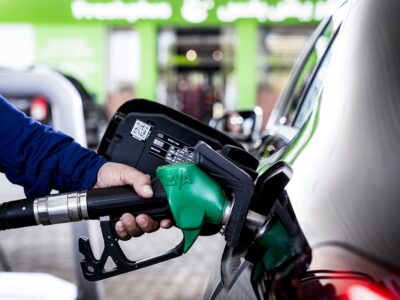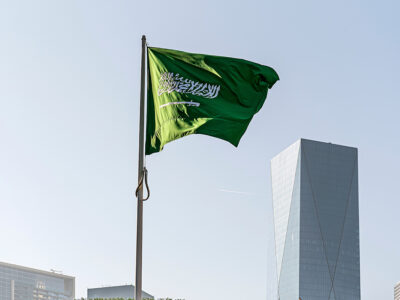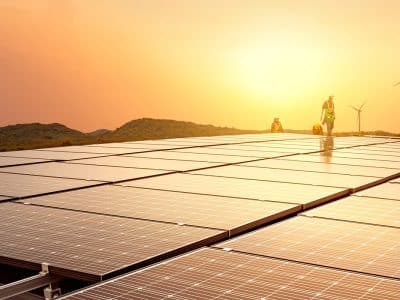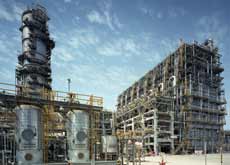The debate over the environmental impact of plastic is intensifying, with green groups escalating their media campaign for governments to issue stiffer legislations against the use of plastic bags.
This will have a negative impact on plastic converters, and in turn will affect petrochemicals producers, mainly regional polyeolefins producers, as plastic convertors are a major end customer.
To face this issue, the Gulf Petrochemicals and Chemicals Association (GPCA) has launched a counter attack to showcase that the problem is not with the plastic bag component, more about human behaviour.
The request for people not to litter natural spaces with plastic bags – due to the long time needed for biodegradation to take place, is a simple gesture that makes a big difference if heeded.
The move towards banning plastics bags is a good opportunity for petrochemicals producers, as it gives them the motive to invest more into the research and development centres, and to try to come up with new products.
Also, this campaign against plastic convertors – and hence, petrochemical producers – should be taken by major regional producers as another spur to move into speciality chemicals serving automative and electonic industries, and other industrial sectors rather than focusing on commodity products.
Future legeslation is likely to be more stingent towards petrochemicals producers from enviromental agencies in the Middle East region, as the carbon footprint is getting higher, and the main industry to be blamed here in the region will be downstream.
So I think it’s time for producers to choose their line of chemicals, with both environmental and human health two key concerns.
Abdelghani Henni, is the editor of Refining & Petrochemicals Middle East.








